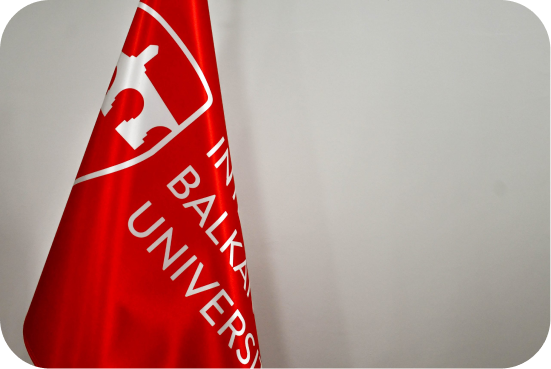Academic Staff






Industrial engineering management is an interdisciplinary engineering, where, by the application of scientific principles, the resources in the productive and service systems, such as machines, materials, energy, information, and processes, are organized in such a way as to increase the efficiency and effectiveness of the organization. Unlike engineers in other specialties, the industrial engineer is primarily concerned with increasing productivity through the management of people, methods of organization, and the available technology. Thus, industrial engineers are also known as management engineers. Industrial engineers are not just involved in the development, construction, and production of goods and services. They are familiar with other disciplines, too, like the economic aspects of manufacturing, quality of products/services, arrangement of workstations, and all activities related to supply, procurement, conversion, and logistics activities along the supply chain, accompanied by workplace safety and workplace environment. An industrial engineer is an engineer with interdisciplinary knowledge. Yet, besides good technical expertise and problem-solving skills, an industrial engineer is a person with developed communication and social skills.
Engineering and Technology
Industrial Engineering and Management
Industrial Engineering and Management





